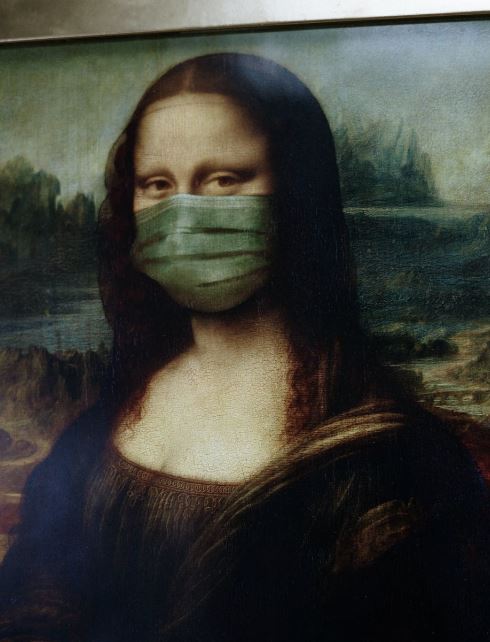This post was originally published on this site
Addiction Recovery Bulletin
As one of the worst health crises in a century intersects with sustained uprisings for racial justice, the United States is at a perilous crossroads—and it’s easy to be distracted by superficial solutions rather than digging deeper to address the underlying issues that created these conditions. And yet, for those of us working in drug policy, criminal justice, and the broader social justice movements, these recent crises have simply exposed something long known that our culture often sweeps under the rug: Drug-war-fueled over-policing and systemic divestment in community resources—such as low-income health clinics and after-school programs—have targeted and plundered our most marginalized communities, which has left them even more vulnerable to the challenges this year brought.
But when we say that drug-policy reform is more important than ever, social justice groups, including the Drug Policy Alliance, the organization I have the honor of leading, are repeatedly told by policymakers to wait. We’re told to wait, as we were told with the long-awaited MORE (Marijuana Opportunity Reinvestment and Expungement) Act vote that was set to take place in September. If passed, this bill would expunge marijuana convictions that currently prevent millions of people from getting jobs. It would begin repairing the extensive damage the drug war has done to communities of color.
Nearly 40% of arrests in America are still for marijuana possession, according to FBI data. And a disproportionate number of those arrested are people of color. So the MORE Act is a beacon of hope for the Black, Latinx, Indigenous, and low-income communities that marijuana prohibition has devastated for decades. The bill not only completely de-schedules marijuana from the Controlled Substances Act, but also aims to begin addressing this harm by expunging past records and provides guarantees that people of color will be able to benefit from the new legal marijuana economy.
But the vote was delayed because legislators were more concerned about the election (and, supposedly, providing more COVID-19 relief) than taking a principled stand against one of the most egregious harms that continues to haunt this country. Now that the election is over, we still don’t have COVID-19 relief. And House leadership says a vote on the MORE Act will be held in December—but we need to hold them to it.
The truth of the matter is that we’ve already been waiting for decades. And you can’t solve today’s crises without addressing the foundation they were built on.
The drug war sits at the nexus of the most critical issues facing society today: health care inequities, racial injustice, police brutality, economic disparities, and government waste. Without serious drug-policy reform, we will continue to see avoidable loss of life, unwarranted and punitive criminalization, and disproportionate targeting of Black, Latinx, Indigenous, LGBTQ+, and low-income communities. The war on drugs has woven a fundamentally flawed, punitive, dehumanizing system into the fabric of our society in ways that are both obvious and covert. And after over $1 trillion of government spending during the last 50 years, we are no closer to the drug war’s stated goal of reducing supply, yet we continue to throw away money and ruin lives to keep it going. It is clear we need to unravel this system—and all of its tentacles—if we hope to achieve any of the lasting changes we need.
At the most immediate level, the COVID-19 pandemic has exacerbated the obstacles that people who use drugs face on a daily basis. We were already in the midst of the overdose crisis, one of the worst public health crises in U.S. history, causing approximately 70,000 deaths a year. Early estimates suggest that number has only increased since the pandemic began.
The post The Pandemic Is Making US Drug Policy Even More Deadly appeared first on Self.com.
